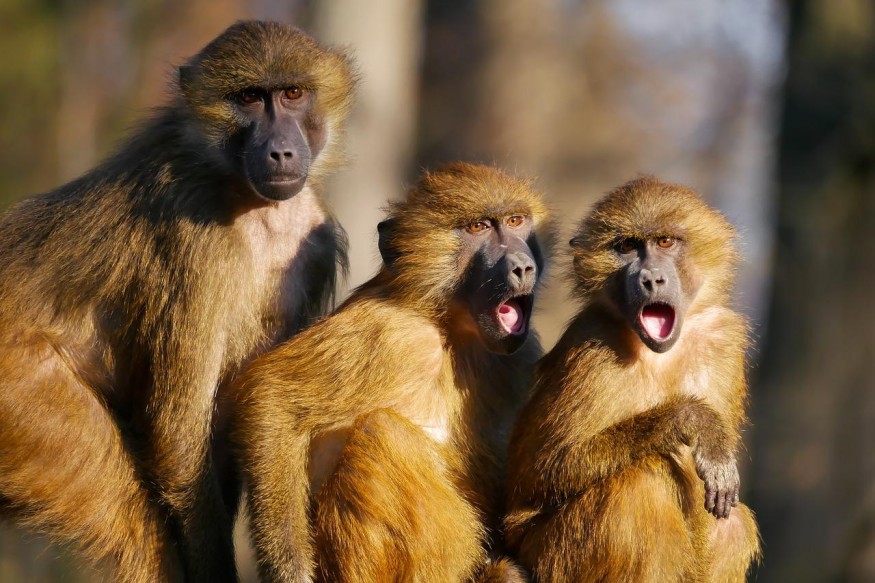Chinese researchers intend to transport monkeys to the country's brand-new Tiangong space station for studies involving the creatures mating and maybe reproducing in zero gravity.
LiveMint said the initiative is being overseen by the Chinese Academy of Sciences, which will also purchase the advanced scientific apparatus needed for the testing under these circumstances. The Wentian module, unveiled earlier this year, is where the project is planned to be carried out.
Can animals, let alone humans, effectively procreate outside of the Earth? This is an intriguing and perhaps contentious experiment that might have significant ramifications for our aspirations to colonize space.

China To Send Monkeys to Space For Sex Experiment
According to South China Morning Post, which quoted Chinese scientists Zhang Lu, who directed scientific studies for the space state, the experiment would be conducted in the largest module of the space station.
Zhang said that following research on smaller creatures, like fish and snails, some experiments involving mice and macaques (monkeys) will now be carried out to investigate how they grow or even breed in space.
He believes that, by carrying out this research, we will better understand how organisms adapt to microgravity and other space environments.
Researchers found that similar experiments on animals with complex life forms, such as rats and primates, still present many difficulties.
Other Animals That Were Sent to Space For the Experiment
Researchers said Soviet scientists taught a few mice during the Cold War to overcome physical restrictions and engage in sexual behavior during an entire 18-day space flight.
However, none of them gave birth after returning to Earth and there were no signs of pregnancy.
More advanced living forms have had difficulties, too, Futurism said.
A Russian attempted to test whether geckos might breed in space failed in 2014 when every creature perished.
Nematodes and Japanese rice fish are two examples of simpler creatures that have been seen to reproduce in space.
Adam Watkins, an associate professor in reproductive and developmental physiology at the University of Nottingham, told Newsweek: "It's one thing to get animals pregnant in space, it's much harder to keep them pregnant."
First off, the stress of sending the mice into space in the first place may prevent them from staying pregnant even if they do manage to become pregnant.
Second, it appears that, under zero gravity, embryos are less likely to continue to grow and give birth to healthy mice.
Space-based embryos could possibly be susceptible to genetic anomalies. According to Watkins, our atmosphere protects all life on Earth from the most harmful solar radiation. But the space shielding is no longer there. Because of this, astronauts and the delicate embryos in space are exposed to far greater levels of dangerous cosmic rays, which can injure their cells and cause them to cease growing.
It's difficult enough to get rats and mice to have intercourse in space; monkeys will be far more difficult. Watkins said that, since monkeys are more intellectual than mice, being sent into space would have a greater impact on their natural behavior. The expert went on to say that it could be more difficult to even persuade monkeys to mate, let alone keep them pregnant.
However, we must learn more about how we can breed in these circumstances if humans are to build long-term settlements on other planets.
RELATED ARTICLE : China's Spaceplane Released Unidentified Object into Orbit, US Space Force Unveils
Check out more news and information on Space in Science Times.
© 2026 ScienceTimes.com All rights reserved. Do not reproduce without permission. The window to the world of Science Times.












